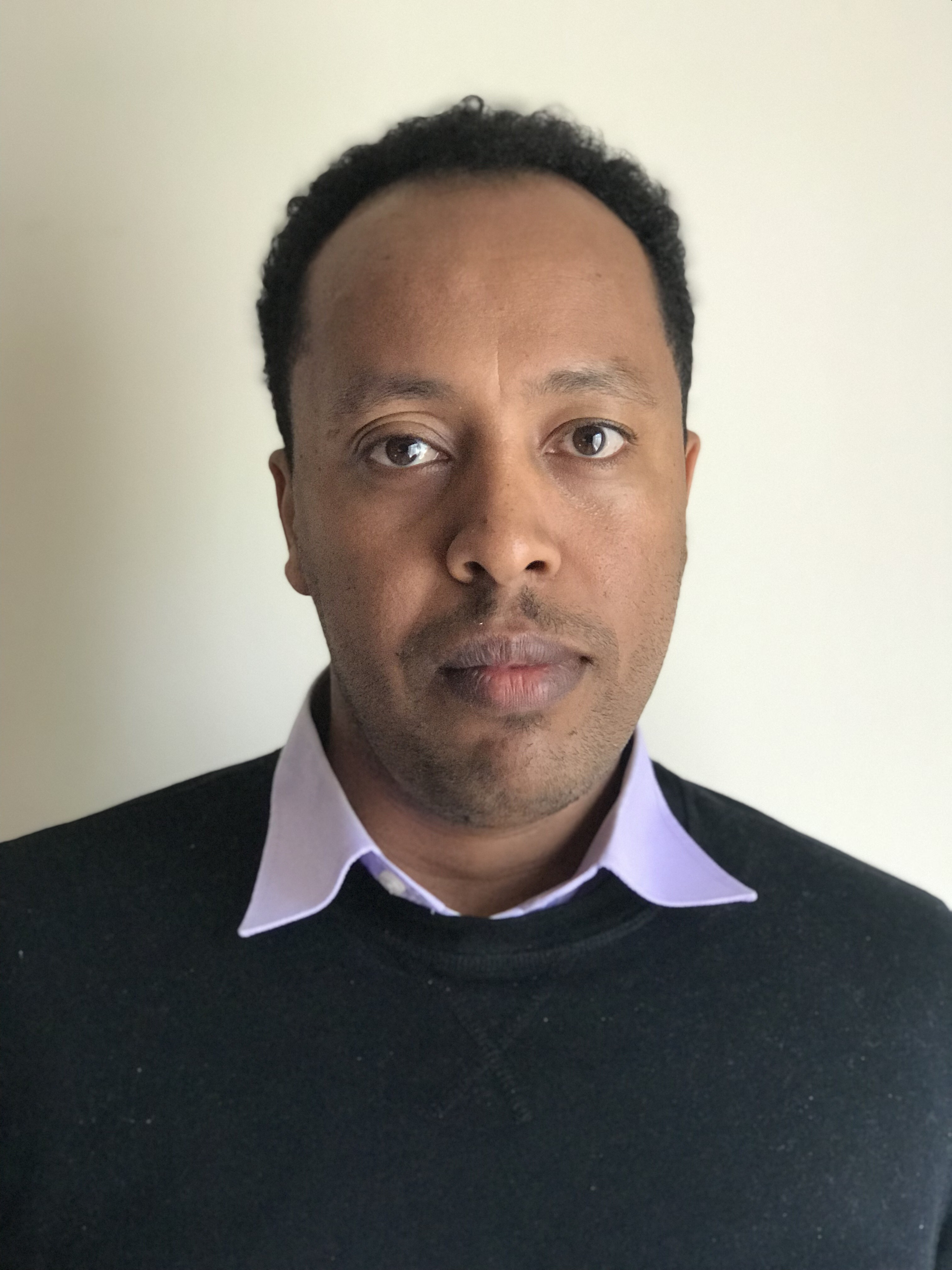Research
My research examines the interplay between journalism, political communication, and digital media systems, with a regional focus on Ethiopia, the broader Sub-Saharan context, and resettled communities in the United States—particularly those from the Horn of Africa. At its core, my work interrogates how communities in liminality—those navigating displacement, sociopolitical uncertainty, and reconfigured identities—use digital platforms to construct public narratives, engage in civic discourse, and negotiate transnational belonging.
In these liminal spaces, digital technologies not only mediate political expression but also reshape interpersonal communication and social cohesion. I explore how online engagement transforms everyday interaction, erodes or reinforces trust, and influences how individuals and communities experience and perform identity across borders.
My research draws on a mixed-methods approach that integrates ethnographic fieldwork, qualitative content analysis, and digital tools such as web scraping, data visualization, and computational text analysis. These methods allow me to trace how platform infrastructures shape discursive norms, mediate institutional trust, and reconfigure both interpersonal communication and broader public spheres. This page serves as a space for curating my research process, sharing datasets, and promoting transparency in scholarly work. It also reflects my broader commitment to advancing the use of digital methodologies within African media and communication research, where such tools remain underutilized. Grounded in African media ecologies and diasporic experiences, my work contributes to global conversations on platform governance, content moderation, and the communicative dynamics of digital resistance.
Current Projects
🔹 Crowdsourcing Rebellion: Digital Diasporas and Insurgent Financing in Ethiopia
This collaborative project, conducted with Dr. Seife Ayalew and Dr. Terrence Lyons, investigates the financing mechanisms and mobilization strategies of ethnic-based insurgent groups in Ethiopia, with a particular focus on the Tigray People’s Liberation Front (TPLF), the Amhara militia known as Fano, and the Oromo Liberation Army (OLA). We examine how members of the Ethiopian diaspora in the United States use digital platforms—especially GoFundMe—to raise funds and frame their support for these armed groups.
Drawing from a multi-methods approach that combines digital ethnography, content analysis, and both qualitative and quantitative analyses of online fundraising activities, the research explores the communicative and financial infrastructure that underpins contemporary insurgency. Although the dataset—comprising publicly available GoFundMe pages—is not yet archived in a public repository, this project reflects my broader commitment to data transparency and open research design.
Preliminary findings from the study were presented at the International Studies Association (ISA) Annual Conference in Chicago on March 5, 2025. The full article, titled Cyber Strategies and Diaspora Dynamics: Exploring Digital Financing in Ethnic Insurgencies in Ethiopia, is currently under review for a special issue of The Civil Wars journal.
🔹 Twin Cities News Comparison
A Digital Content Analysis of Nonprofit News Coverage in the Twin Cities
This project investigates how two leading nonprofit newsrooms in the Twin Cities—MinnPost and Sahan Journal—frame and report on key civic issues including public safety, educational inequities, and environmental justice. Through a comparative content analysis, the research explores how these outlets construct narratives, represent marginalized voices, and navigate institutional roles within a changing local media landscape.
The study draws on web scraping, qualitative coding, and comparative analysis to examine the editorial strategies of each newsroom. It pays particular attention to how nonprofit media construct “the public,” engage their audiences, and reflect (or fail to reflect) racial and structural realities in their coverage.
This project responds to the growing significance of nonprofit journalism as a civic institution, while critically interrogating whose voices are amplified, how journalistic authority is performed, and what narratives shape community understanding of structural issues.
The research is fully documented in an open-access GitHub repository, which includes data, scraping tools, and coding documentation:
👉 GitHub Repository: Twin Cities News Comparison
🔹 Media Framing of the Tigray Conflict
A Comparative Analysis of Ethiopian and U.S. News Coverage
In collaboration with Dr. Tewodros Workneh, this research project analyzes how the Tigray conflict (2020–2022) was framed in both domestic and international media. Conducted as part of a forthcoming book chapter, the study compares Ethiopian state-owned newspapers (Addis Zemen and The Ethiopian Herald) with major U.S. outlets (The New York Times and The Washington Post), focusing on narrative construction, sourcing practices, tone, and audience positioning.
Using qualitative content analysis, the research interrogates how divergent political, institutional, and cultural contexts shaped the storytelling of the war. It explores how each media system represents conflict actors, assigns blame or legitimacy, and appeals to different publics. By situating this analysis within broader conversations on media polarization and transnational narratives of war, the project contributes to ongoing debates on representation, state influence, and media ethics in times of political crisis.
Methods & Tools
- Ethnographic content analysis
- Semi-structured interviews
- Digital scraping and dataset construction using:
Newspaper3kPandasJupyter Notebooks
For more code and documentation, visit @Endalk-Chala on GitHub. .
